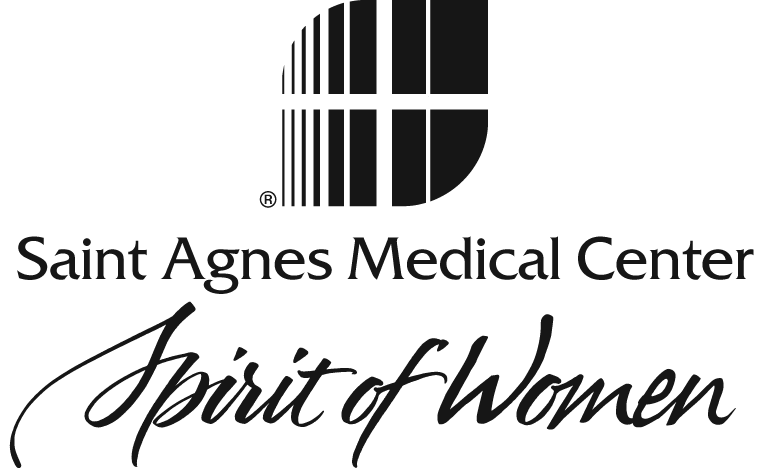Digest This - How Healthy Foods Can Reduce Risk of Disease
How can you reduce your risk of disease in the future by choosing healthy foods today?
What your grandmother said is true: You are what you eat. Over the course of your life, your food and drink choices can make a difference in your health.
Choosing a healthy diet can feel overwhelming, but the basics of healthy eating and good nutrition are the same for everyone.
Eat a Variety of Fruits and Vegetables
- Choose meals where fruits or vegetables are the main ingredient, such as stir-fries
- Keep your diet interesting by eating a variety of fruits and vegetables to provide you with different sources of nutrients
- Leave the skin on fruits and vegetables to increase your fiber intake
- Select colorful fresh or frozen fruits and vegetables
Avoid:
- Vegetables cooked with cream sauces
- Fruit packed in syrup
- Fried or breaded vegetables
- Frozen or canned fruit with sugar added
- Frozen or canned vegetables with salt added
Choose Whole Grains vs. Refined Grains
- Choose high-fiber cereal, couscous, quinoa, barley.
- Flaxseeds are high in omega-3 fatty acids and can lower your cholesterol and blood pressure. Stir them into:
- Yogurt
- Cereal
- Applesauce
- Oatmeal
Select products made with:
- Whole-wheat flour
- Whole-grain or whole-wheat bread
- High-fiber cereal (5 grams or more of fiber per serving), brown rice, barley, buckwheat, oatmeal (steel cut or regular), couscous, quinoa, flaxseed.
Avoid:
- White flour
- Cakes and pies
- White bread
- Egg noodles
- Muffins
- Buttered popcorn
- Frozen waffles
- High-fat snack crackers
- Doughnuts
Stick to the “Good” Fats
- Decrease the amount of solid fats you eat, including butter or shortening
- Check the labels of most snack foods, like cookies, crackers or chips, to make sure you’re taking in the least amount of “bad” fats as possible
Choose:
- Olive oil
- Trans fat-free margarine
- Canola oil
- Cholesterol-lowering margarine
Avoid:
- Butter
- Cream sauce
- Bacon fat
- Nondairy creamers
- Gravy
- Hydrogenated margarine and shortening
Consume Low-Fat Protein Sources
Choose lean meats and low-fat dairy products like:
- Skim milk
- Skinless poultry
- Eggs
- Legumes
- Beans
- Lean ground meats
- Soybeans and spu products
- Cold-water fish like salmon, mackerel and herring
Avoid:
- Full-fat/whole milk
- Cold cuts
- Hot dogs
- Sausages
- Bacon
- Organ meats (like liver), egg yolks
- Fatty and marbled meats
- Fried or breaded meats
Limit Your Salt Intake
Choose lower sodium alternatives like:
- Herbs and spices
- Salt substitutes
- Reduced-salt canned soups or vegetables
- Reduced-salt versions of condiments
Avoid:
- Table salt
- Frozen dinners
- Tomato juice
- Soy sauce
- Canned soups
- Prepared foods
DO ONE THING: Reduce your risk of disease by choosing healthy foods, limiting unhealthy foods, and watching your portions.
SHARED DECISION MAKING: Talk to your healthcare provider about what simple changes you can make in your diet to stay healthy.
